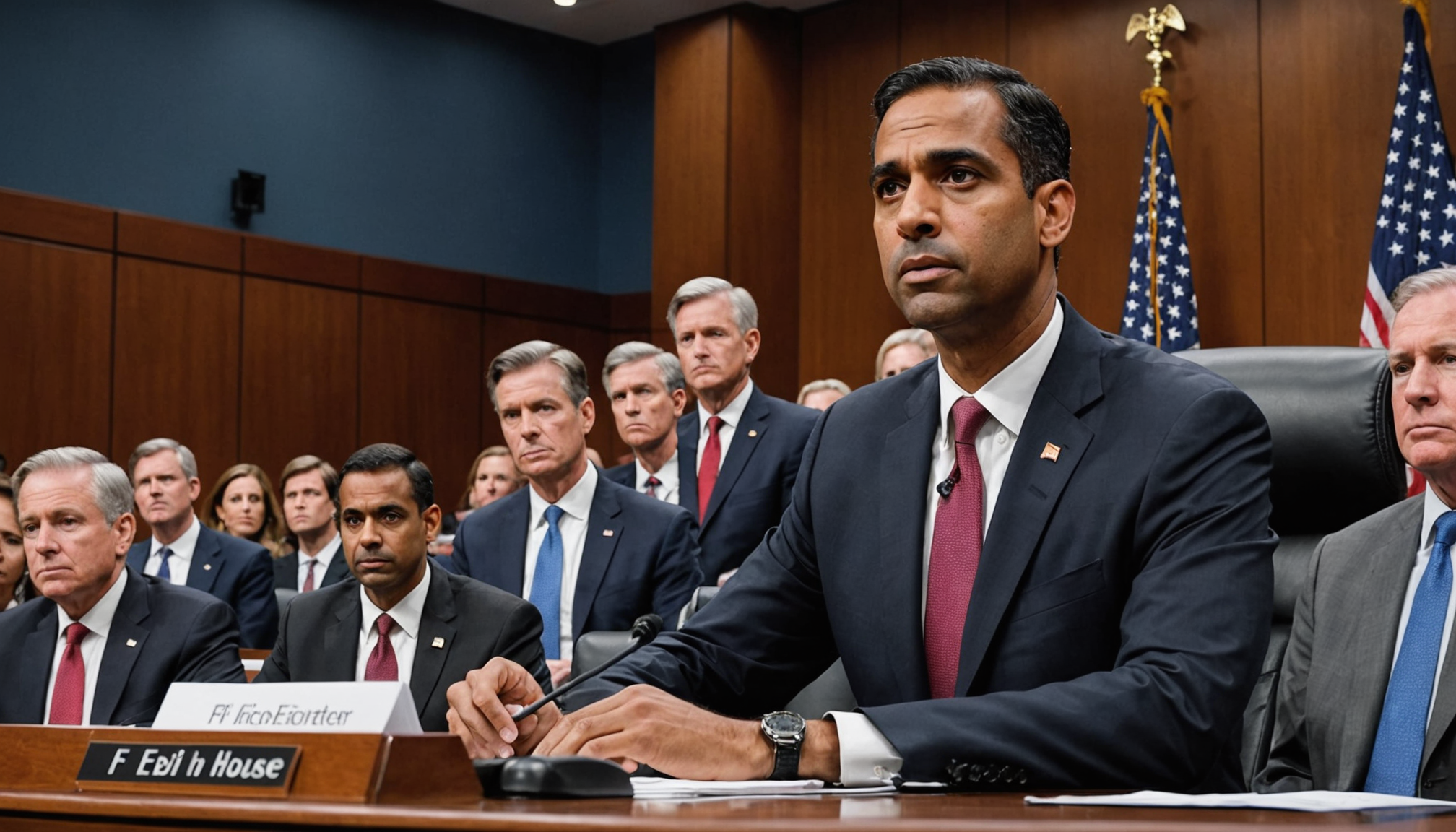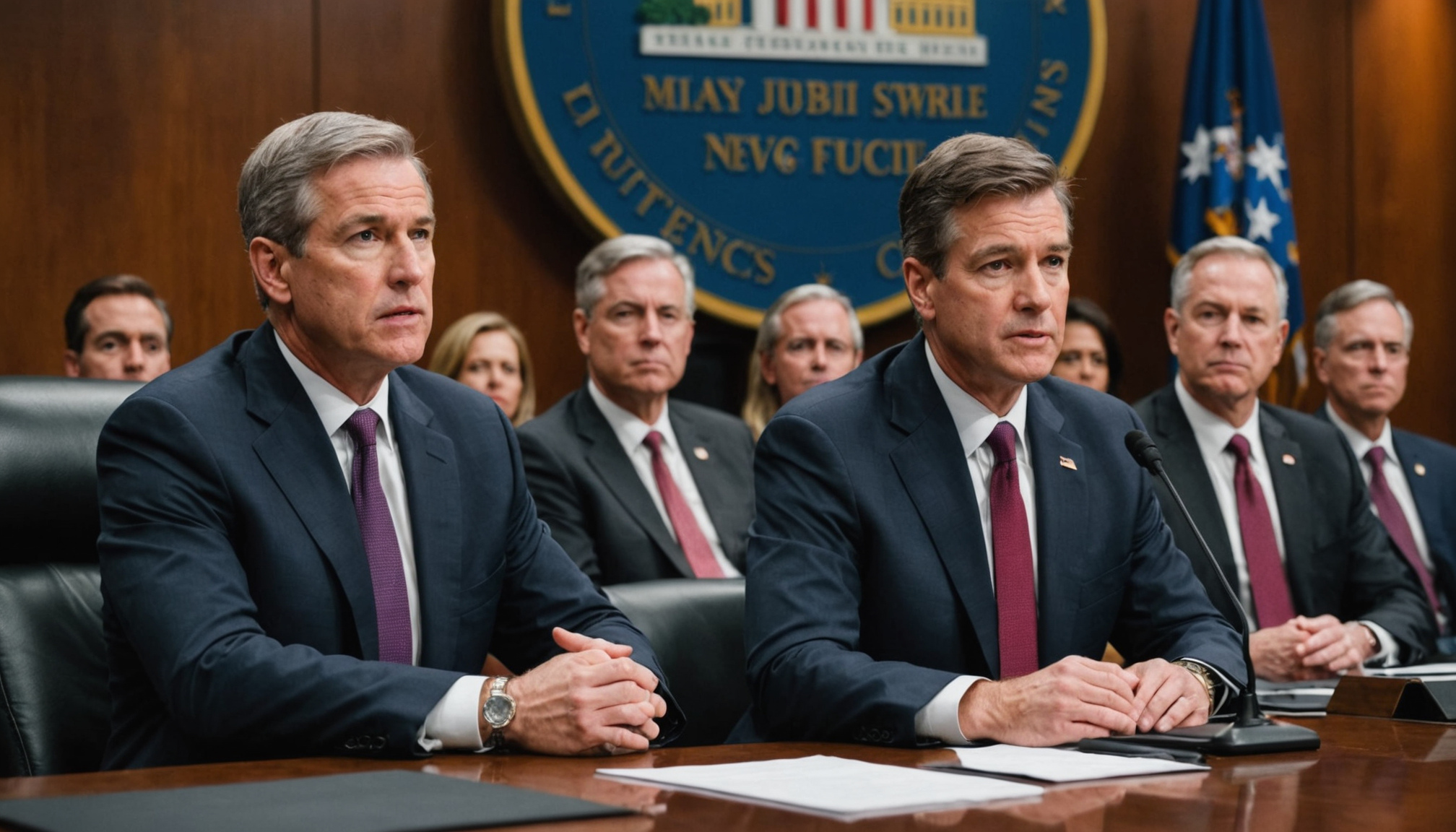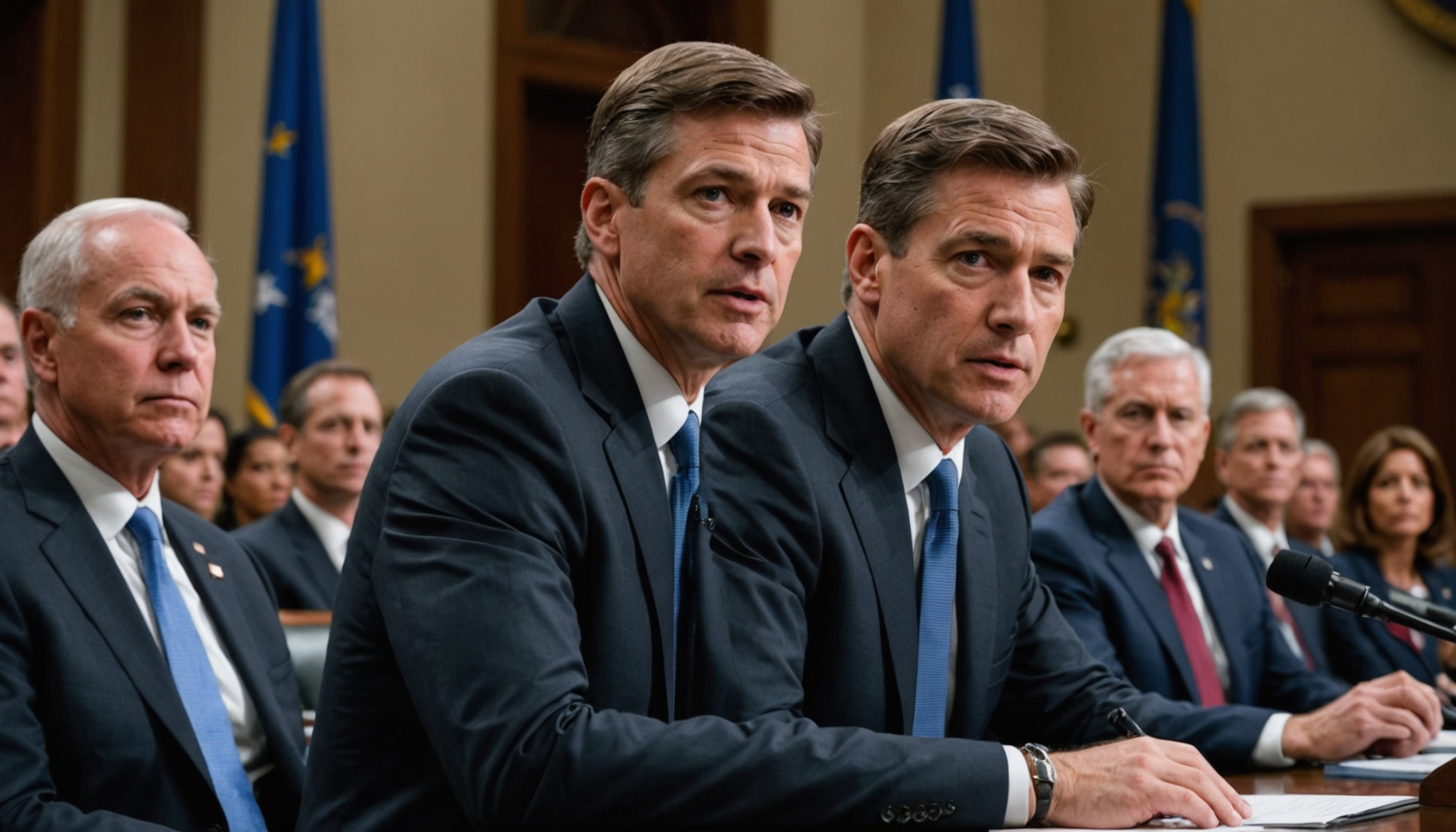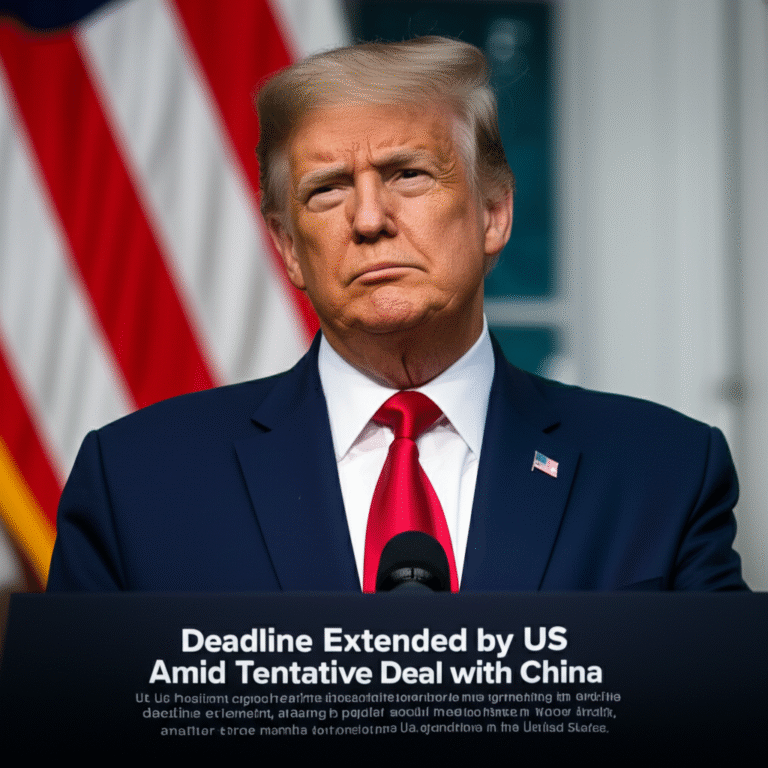
FBI Director Kash Patel will testify before Senate and House committees this week, facing intense scrutiny regarding the bureau’s handling of conservative commentator Charlie Kirk’s murder. This high-profile case has brought Patel’s leadership into sharp focus, with questions about his ability to effectively manage the agency.

Congressional Testimony and Public Reaction
Patel is scheduled to appear before the Senate and House Judiciary Committees on Tuesday and Wednesday to answer questions about the Charlie Kirk murder investigation. The testimony follows President Donald Trump’s earlier praise for the FBI’s swift apprehension of the suspect, 22-year-old Tyler Robinson, who has been charged with Kirk’s killing. However, despite the president’s commendation, conservative lawmakers within Trump’s own party have voiced concerns about Patel’s leadership of the agency, which employs over 38,000 people, including 13,000 agents.
Some conservative analysts and commentators have openly questioned Patel’s performance and his capacity to effectively tackle violent extremist groups. The hearings will likely delve into these criticisms and assess Patel’s ability to address the concerns raised.
Background
The FBI Director’s testimony comes amidst growing political scrutiny surrounding the FBI’s leadership and overall performance. Critics have highlighted perceived gaps in the agency’s ability to effectively counter certain threats. The case of Charlie Kirk’s murder has served to intensify this scrutiny, focusing attention on the bureau’s effectiveness and the director’s role in managing such high-profile investigations.
Key Facts of the Case
- FBI Director Kash Patel will testify before Congress regarding the handling of Charlie Kirk’s murder.
- The suspect, Tyler Robinson, has been arrested and charged with the killing.
- Conservative lawmakers have expressed concerns about Patel’s leadership of the FBI.
- Critics have pointed to potential gaps in the FBI’s ability to address threats.
- The hearings will examine Patel’s record and the agency’s credibility.
The hearings are not solely focused on the Kirk case, but also aim to provide a broader examination of the FBI’s capabilities. The questioning will likely range from the specifics of the Kirk investigation to a more comprehensive review of Patel’s tenure and the FBI’s overall performance. These broader concerns will inform discussions about the future direction of the FBI.

What’s Next

The upcoming congressional hearings will significantly influence the ongoing debate surrounding the FBI’s future direction. Patel’s testimony will be crucial in shaping public and political opinion on both his leadership and the credibility of the agency. The hearings are expected to spark broader discussions about the FBI’s role and responsibilities in the context of national security and law enforcement. The outcome of the hearings will likely influence policy discussions and public perception of the FBI’s effectiveness. The investigation into the circumstances surrounding Charlie Kirk’s murder, and the scrutiny of the FBI Director, is expected to continue to play out in the public sphere.
The hearings will likely determine the trajectory of public and political discourse surrounding the FBI for the foreseeable future. The events surrounding Charlie Kirk’s murder, and their implications for the bureau, are likely to remain a focus of political debate.
The testimony, and the subsequent responses to it, will serve to shape the trajectory of the FBI for the coming period. The attention paid to the agency’s handling of this specific case and the broader issues raised will play a significant role in defining how the public and policymakers view the bureau’s operations and effectiveness. The longer-term impact of these hearings on the FBI remains to be seen.
This situation emphasizes the complexities of law enforcement in a highly-charged political climate. The scrutiny of the FBI’s handling of the Charlie Kirk murder case highlights the importance of transparency and accountability within law enforcement agencies. The hearings will offer an opportunity to examine both the specific details of the case and the broader context of law enforcement and political oversight. Further developments will shape the narrative in the coming weeks and months.






